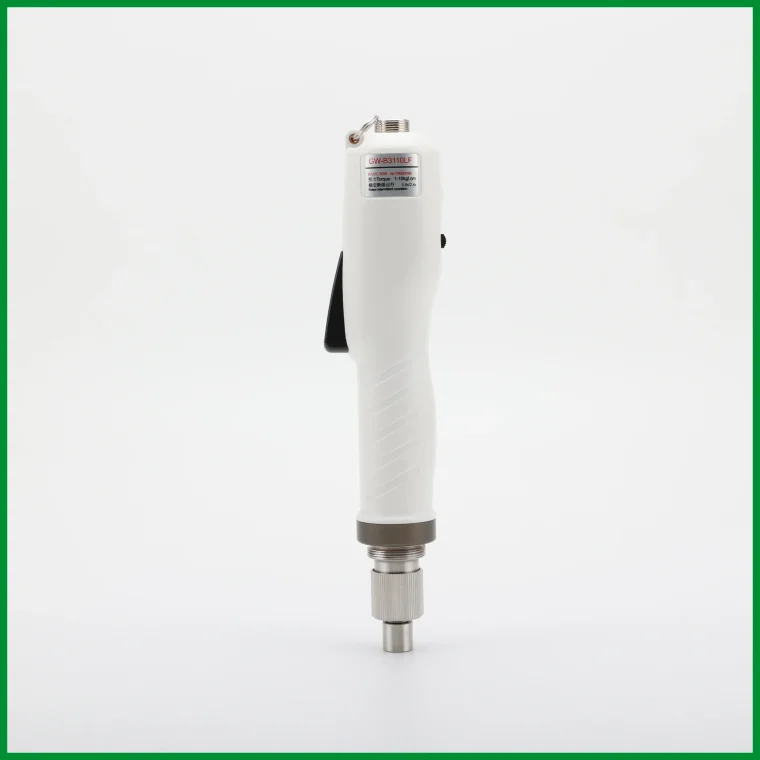Smart water meters have gained significant popularity in recent years due to their ability to monitor and manage water consumption efficiently. However, like any technological innovation, they come with their fair share of disadvantages. In this article, we will delve into the drawbacks of smart water meters, exploring their potential limitations and challenges. By understanding these disadvantages, we can make informed decisions about implementing smart water metering systems.
- Initial Installation Costs:
One of the primary disadvantages of smart water meters is the high initial installation costs. Unlike traditional water meters, smart meters require additional infrastructure, such as communication networks and data management systems. These expenses can be a significant barrier for smaller water utilities or households with limited budgets. - Privacy and Data Security Concerns:
Smart water meters collect a vast amount of data about water consumption patterns, which raises concerns about privacy and data security. Hackers may attempt to gain unauthorized access to this data, compromising the privacy of individuals and potentially exploiting vulnerabilities in the system. Adequate measures must be in place to ensure the protection of sensitive information. - Technical Challenges and Maintenance:
Smart water meters rely on complex technology, including sensors, communication networks, and data management systems. Any technical glitches or failures in these components can disrupt the accurate measurement and transmission of data. Regular maintenance and troubleshooting are necessary to ensure the smooth functioning of the system, which can be time-consuming and costly. - Limited Compatibility and Interoperability:
Another drawback of smart water meters is their limited compatibility and interoperability with existing infrastructure. In some cases, retrofitting older buildings or integrating smart meters into complex water distribution networks can be challenging. This limitation may hinder the widespread adoption of smart water metering systems, particularly in areas with outdated infrastructure. - Potential Inaccuracy:
While smart water meters are designed to provide accurate readings, certain factors can affect their precision. For instance, variations in water pressure or the presence of air bubbles can lead to inaccurate measurements. Additionally, the complexity of the technology may result in occasional errors or malfunctions, leading to incorrect data readings. - Energy Dependency:
Smart water meters require a constant power supply to function effectively. This dependency on electricity can be a disadvantage, especially in regions prone to power outages or areas with limited access to reliable electricity. Backup power systems or alternative energy sources may be necessary to ensure uninterrupted metering operations.
Conclusion:
Smart water meters undoubtedly offer numerous benefits, such as improved water management and conservation. However, it is crucial to consider the disadvantages associated with their implementation. The high installation costs, privacy concerns, technical challenges, limited compatibility, potential inaccuracies, and energy dependency are all factors that need to be carefully evaluated. By addressing these drawbacks and finding appropriate solutions, we can maximize the advantages of smart water metering systems while minimizing their limitations.

